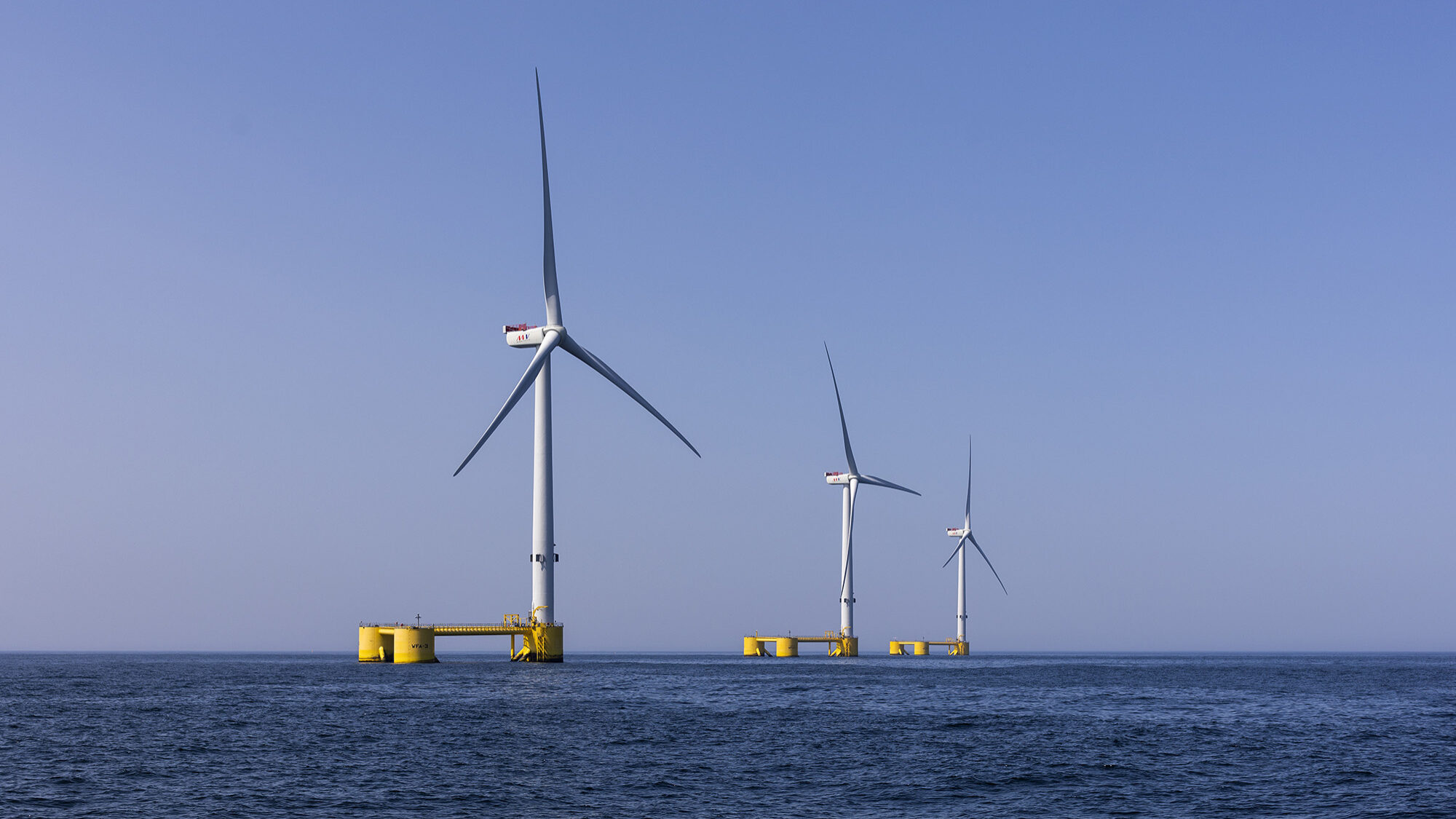Portugal among worst hit in terms of GDP by extreme weather events
The extreme weather events have caused the greatest economic impact over the past 40 years, leading Portugal's Gross Domestic Product (GDP) to fall by 5% between 1980 and 2020.
Portugal is one of the European Union (EU) countries where extreme weather events have caused the greatest economic impact over the past 40 years, leading Portugal’s Gross Domestic Product (GDP) to fall by 5% between 1980 and 2020.
The conclusion is from the European Commission’s Directorate General for Economic and Financial Affairs, which in a report published on Tuesday on the budgetary impact of extreme weather and climate events, stated that “past economic losses have been more significant in some EU countries and years”, with “over the period 1980-2020, [these falls] ranging from almost 8% of GDP in Spain to 7% of GDP in the Czech Republic and 5% in Romania and Portugal.”
Brussels said that “estimated total economic losses are defined as the value of all damage to property, crops and livestock, as well as other losses related to the disaster.”
While highlighting that, in the EU as a whole, there is still a “contained average economic impact due to extreme events”, the European Commission said that “it is also very likely to represent an underreporting of the actual effects of natural hazards.”
“Apart from data collection challenges, it is also related to the specific purpose of existing global databases on natural disasters,” it added.
According to the institution, “annual economic losses underlie significant distributional impacts, with important variations over time and country, depending on the occurrence of natural disasters”.
This means that “the contribution of natural disasters to overall economic losses is not homogenous across countries and across time, as single events have often been able to cause a significant part of the reported total economic losses”, notes the European Commission.
Using information from the international database on disasters (EM-DAT), the directorate-general of the Community executive pointed out that “weather events have followed a relatively regional pattern, with forest fires representing the most relevant disaster – i.e. around 80% of the total – in southern European countries.”
When Portugal still faces several forest fires, Brussels pointed out that this is one of the countries most “severely affected” by this type of extreme phenomenon, out of 10 significant events between 2000 and 2020.
On the list of EU countries most affected in this period by fires are Spain (11 events), Greece (seven events), Croatia (six events), Bulgaria and Italy (five events).
In these member states, like Portugal, droughts have also been recorded. The European Commission explains that this phenomenon “has been slightly more widespread, with episodes reported in Central and Southern Europe, as well as in some Baltic countries.”
Using EM-DAT data, the Community executive stated that “over the period 1980-2020, economic losses resulting from extreme weather and climate events represented a total of 3% of GDP in EU countries,” with annual impacts representing “less than 0.1% of GDP” for the Union as a whole.
In this report, Portugal is also part of a group of 13 member states (along with Spain, Romania, Czech Republic, Hungary, Poland, Greece, Italy, Austria, France, Belgium, Germany and the Netherlands), where stress tests were carried out on the impacts of a 1.5˚C or 2˚C warming on the planet.
“As expected, both the 1.5°C and 2°C scenarios result in progressively higher debt-to-GDP projections,” Brussels said.
In a baseline scenario, Portuguese public debt would be 122.7% of GDP in 2023, 121.8% of GDP in 2024 and 126.2% of GDP in 2032.
In a 1.5ºC warming scenario, the forecast for 2024 would be 124.5% of GDP and for 2032 128.6% of GDP, with a worsening in the 2ºC scenario to 124.9% of GDP and 129% of GDP, respectively.


